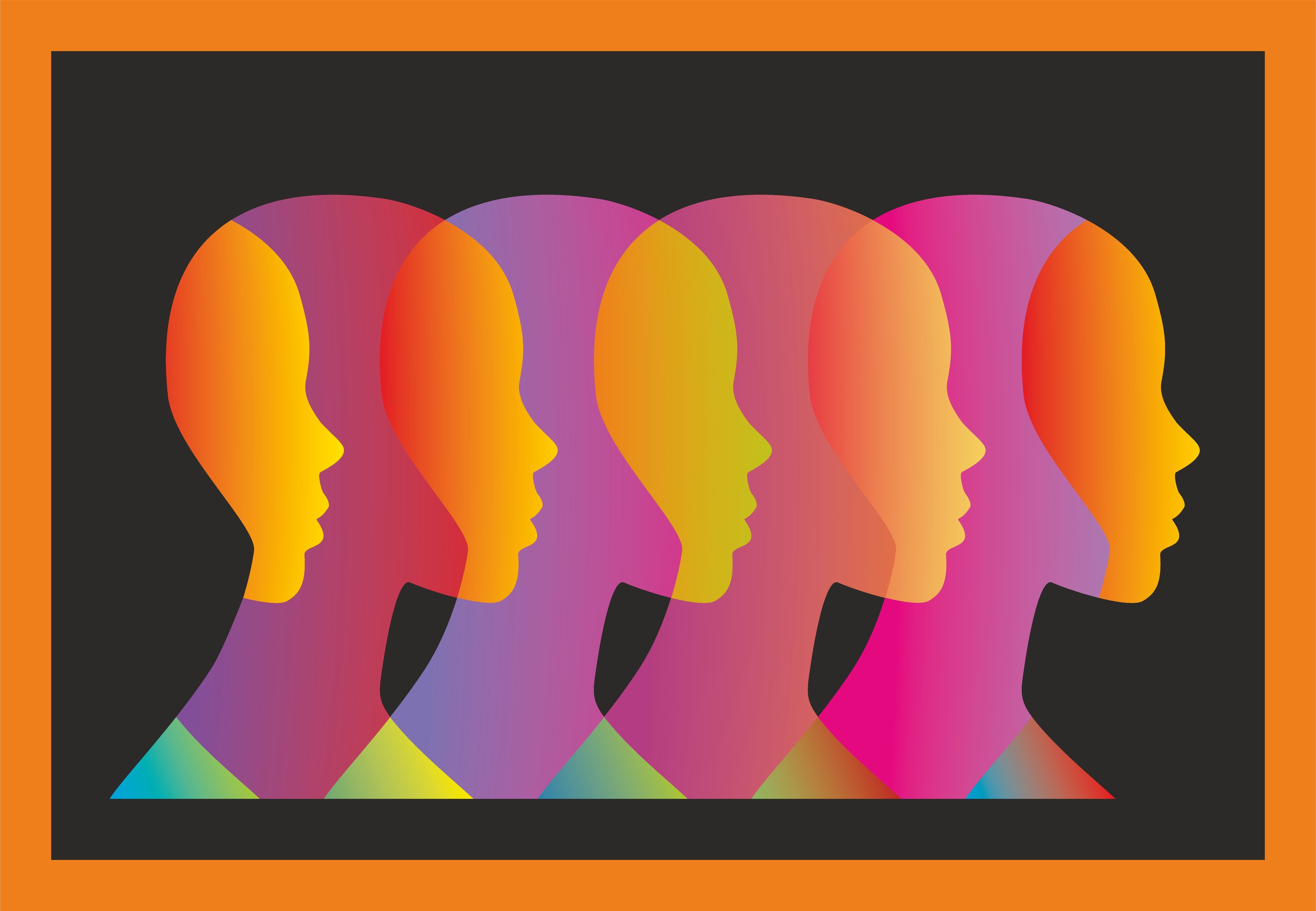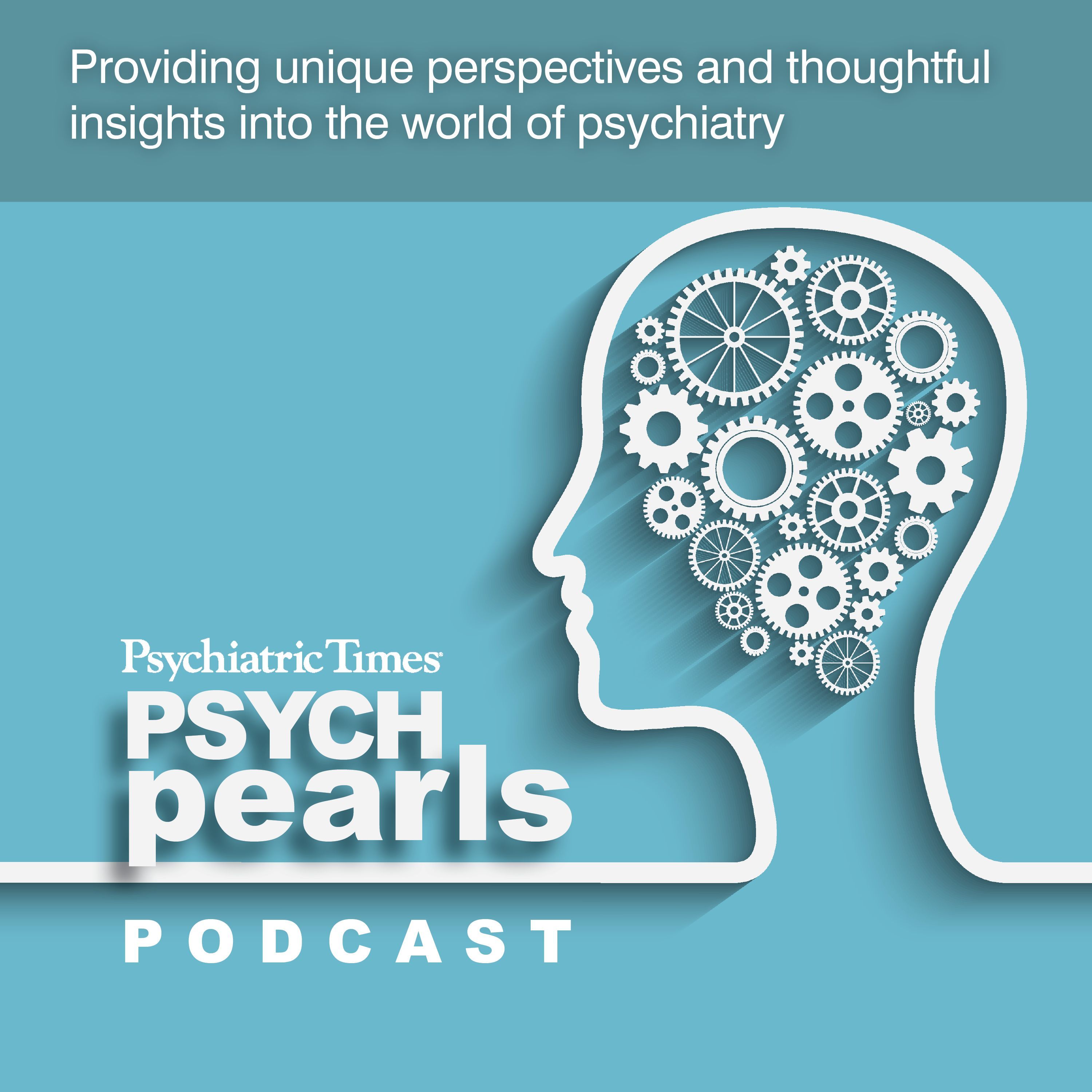Commentary
Article
Psychiatrists Should Strongly Support Assisted Outpatient Treatment Programs
Author(s):
Assisted outpatient treatment is not intended to replace comprehensive, easy-to-access, voluntary treatment. Here's why we need it, according to one expert.
Mara Louvain/AdobeStock

FROM OUR READERS
This article is a response to the article “Outpatient Civil Commitment: A Look at Maryland’s New Legislation” by Dinah Miller, MD.
The article by Dinah Miller, MD, “Outpatient Civil Commitment: A Look at Maryland’s New Legislation” fails to consider the past and current research on assisted outpatient treatment (AOT) and raises other concerns without any supporting research. AOT, an intervention endorsed by the American Psychiatric Association (APA) and the Substance Abuse and Mental Health Services Administration (SAMHSA) was signed into law in Maryland in 2024.
Both historical and very recent research has shown how AOT programs can provide treatment and improve outcomes for those that the voluntary treatment systems cannot successfully serve. This includes those who, because of their illness, are unable to accept or to adhere to voluntary treatment. Many of these patients have anosognosia and refuse treatment because they are unable to recognize their treatment need.1
The Maryland AOT program is structured similarly to the AOT program in New York and the AOT programs established under the 2014 SAMSHA AOT grants. The following research supports the efficacy of this type of program.
Comprehensive independent analysis of the New York AOT program by researchers at Duke University found “a substantial reduction in the number of psychiatric hospitalizations and in days in the hospital if a person is hospitalized…[and] that AOT reduces the likelihood of being arrested…that AOT recipients are far more likely to consistently receive psychotropic medications appropriate to their psychiatric conditions, [and there were] improvements in many areas of personal functioning, such as managing appointments, medications, and self-care tasks.”2 Contrary to Dr Miller’s concerns of AOT causing adversarial treatment relationships, the researchers found that, “After 12 months or more on AOT, service engagement increased such that AOT recipients were judged to be more engaged than voluntary patients.” Finally, significant cost savings were documented.
The very recently released independent analysis of the SAMHSA grant AOT programs further documents the positive outcomes of AOT.3 It showed significant improvements in “appointment and medication adherence, symptomology, perceived mental health, life satisfaction, and therapeutic alliance during AOT and following the order. AOT clients also demonstrate reductions in violent behaviors, suicidal thinking, arrests, drug use, and homelessness, as well as number of inpatient hospitalizations and days in the hospital.” Additionally, “Client and family perceptions do not raise any pressing concerns around civil liberties.” Finally, “findings around costs and resources indicate that AOT is associated with reductions in psychiatric emergency department and inpatient costs [and savings] would be greater if public safety outcomes like reductions in criminal justice involvement were also considered.”3
Other research found that “experience with involuntary outpatient commitment was not associated with barriers to seeking treatment [and] 81% of clinicians disagreed with the premise that mandated community treatment deters persons with schizophrenia from seeking voluntary treatment in the future.”4
Also, in satisfaction research, AOT participants reported high levels of satisfaction and feelings of empowerment with regard to both their treatment team and the courts.5
AOT is not intended to replace comprehensive, easy-to-access, voluntary treatment. Rather, it is designed to provide treatment to those who, because of their illness, cannot successfully be served by voluntary only services. Individuals who require AOT to access treatment surely are entitled to treatment as much as voluntary individuals and they should not have to wait for treatment until they are so sick that their brain has been damaged by untreated psychosis,6 they experience adverse or tragic outcomes, and have a greatly diminished chance of recovery.7
Research shows that AOT programs deserve the strong support of psychiatric professionals. Any new program may need adjustments. These can best be guided by past research and constructive suggestions from those experienced with successful AOT programs.
AOT in Maryland is a long overdue effort to provide treatment to those with serious mental illness who in the past have suffered without treatment. Many professionals and a great many Maryland families have testified over the past 23 years as to the consequences of not having AOT to provide treatment: repeated multiple hospitalizations and ER visits, incarceration, suicide, death, violence, homelessness, unemployment, family break up, psychiatric and cognitive deterioration. The future for access to care in Maryland looks brighter now that there is AOT.
Dr Sharfstein is past president of the American Psychiatric Association and an adjunct professor of Psychiatry at the University of Maryland School of Medicine.
References
1. Shanti S, Hancq ES. Anosognosia. Office of Research and Public Affairs. Treatment Advocacy Center. October 2023. Accessed September 12, 2024. https://www.treatmentadvocacycenter.org/reports_publications/anosognosia/
2. Swartz MS, Wilder CM, Swanson JW, et al. Assessing outcomes for consumers in New York's assisted outpatient treatment program. Psychiatr Serv. 2010;61(10):976-981.
3. Johnson KL, Parish WJ, Theis E, et al. Evaluation of the Assisted Outpatient Treatment Grant Program for Individuals with Serious Mental Illness: Summary Evaluation Report. US Department of Health and Human Services. March 2024. Accessed September 12, 2024. https://aspe.hhs.gov/reports/evaluation-aot-grant-program-individuals-smi
4. Swartz MS, Swanson JW, Hannon MJ. Does fear of coercion keep people away from mental health treatment? Evidence from a survey of persons with schizophrenia and mental health professionals. Behav Sci Law. 2003;21(4):459-472.
5. Hancq ES, Silver S, South K. Measuring experiences: an evaluation of AOT Participant Satisfaction. A Report from the Office of Research & Public Affairs. Treatment Advocacy Center. January 2023. Accessed September 12, 2024. https://www.treatmentadvocacycenter.org/reports_publications/measuring-experiences-an-evaluation-of-aot-participant-satisfaction/
6. Martone G. Is psychosis toxic to the brain? Current Psychiatry. 2020;19(4):12-13.
7. Schimmelman BG, Huber CG, Lambert M, et al. Impact of duration of untreated psychosis on pre-treatment, baseline, and outcome characteristics in an epidemiological first-episode psychosis cohort. J Psychiatr Res. 2008;42(12):982-990.
Newsletter
Receive trusted psychiatric news, expert analysis, and clinical insights — subscribe today to support your practice and your patients.






